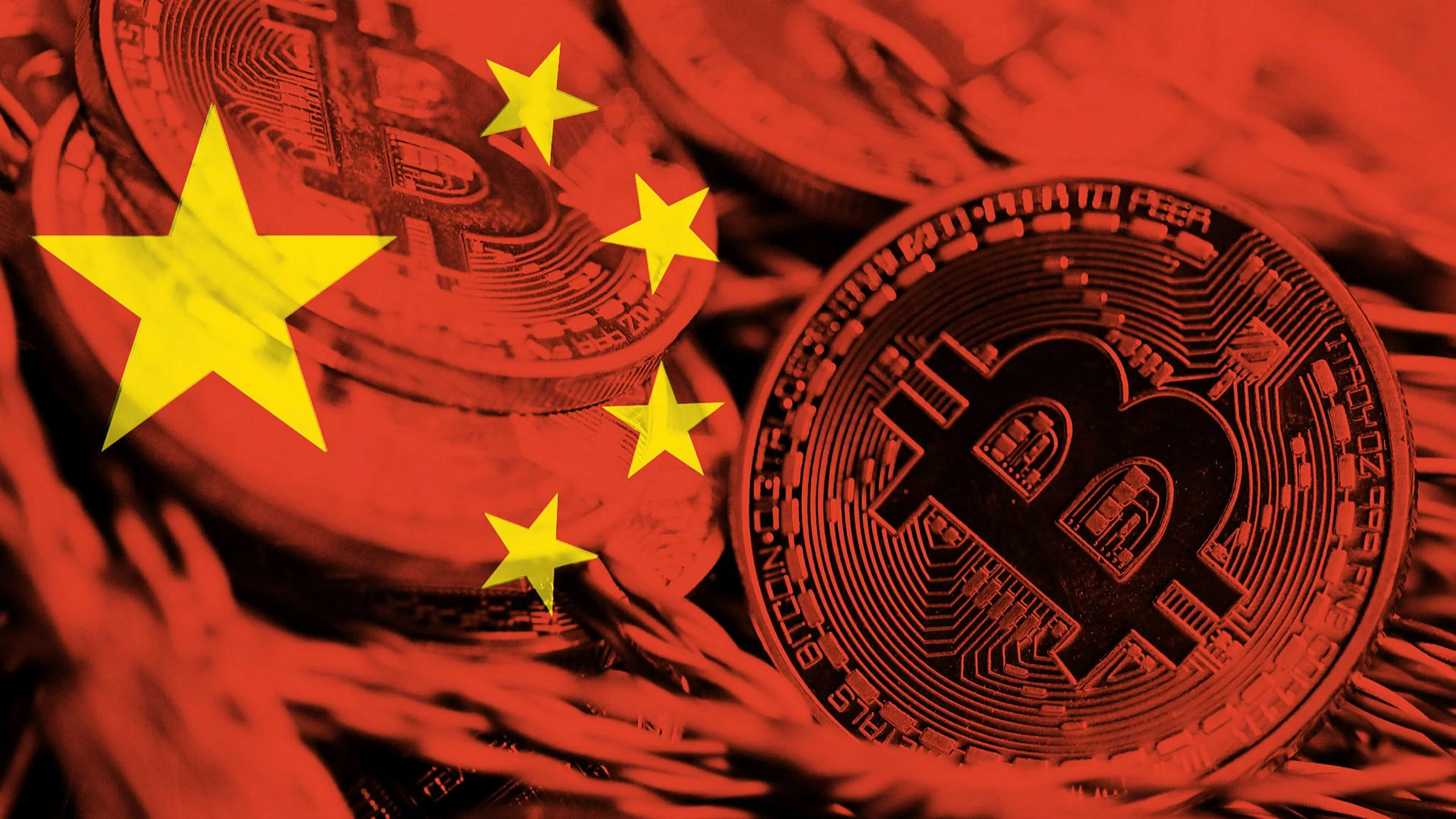|
Getting your Trinity Audio player ready...
|
Despite a strict ban on cryptocurrency trading, recent police actions in China reveal a persistent underground market for digital assets. These raids, targeting illegal foreign exchange dealings, offer a window into the ongoing struggle between regulators and crypto-enthusiastic citizens.
May 2024 saw several high-profile cases, including an underground bank accused of facilitating nearly $2 billion in fraudulent money transfers involving crypto. Another case exposed a gang fraudulently converting over $280 million through digital currencies.
Beijing’s ban, implemented in 2021, aimed to curb money laundering, capital flight, and the environmental impact of Bitcoin mining. However, the allure of crypto as an investment opportunity continues to drive Chinese citizens towards alternative channels.
“A significant amount of crypto activity remains in China,” says Chengyi Ong, APAC policy head at Chainalysis Inc. “This persistence could be due to a porous or loosely enforced ban, but also reflects the decentralized and peer-to-peer nature of cryptocurrency transactions.”
Further complicating the situation, Hong Kong’s recent restrictions on mainland Chinese crypto investments have not entirely eliminated digital asset trading in the region. These restrictions make it more difficult for Chinese citizens to easily access the Hong Kong market.
Also Read: Chinese Crypto Traders Bust Through $1.9 Billion Underground Banking Ring with Tether (USDT)
Also Read: A Look at the EU’s Landmark MiCA Regulations
The Elusive Crypto Market: Challenges and Implications
The Chinese government’s struggle to completely eradicate crypto trading highlights the challenges of regulating decentralized technologies. Peer-to-peer transactions and the global nature of cryptocurrency markets make enforcement a complex task.
This ongoing saga also raises concerns about the effectiveness of complete bans. While the Chinese government may have aimed to curb financial risks, the persistence of underground markets suggests such bans may simply push activity towards less regulated and potentially riskier avenues.
Disclaimer: The information in this article is for general purposes only and does not constitute financial advice. The author’s views are personal and may not reflect the views of Chain Affairs. Before making any investment decisions, you should always conduct your own research. Chain Affairs is not responsible for any financial losses.
Crypto and blockchain enthusiast.



